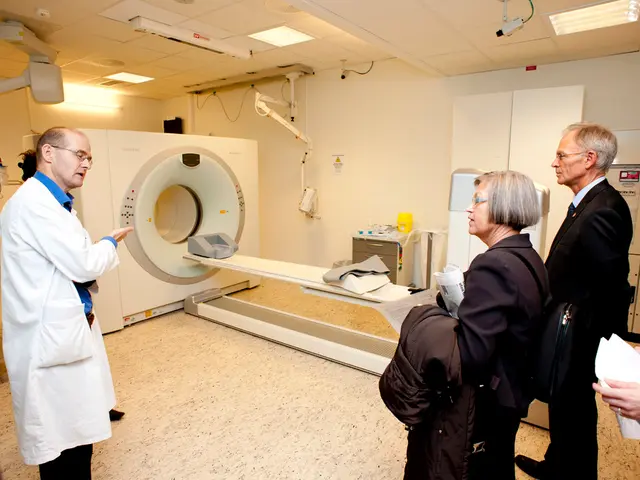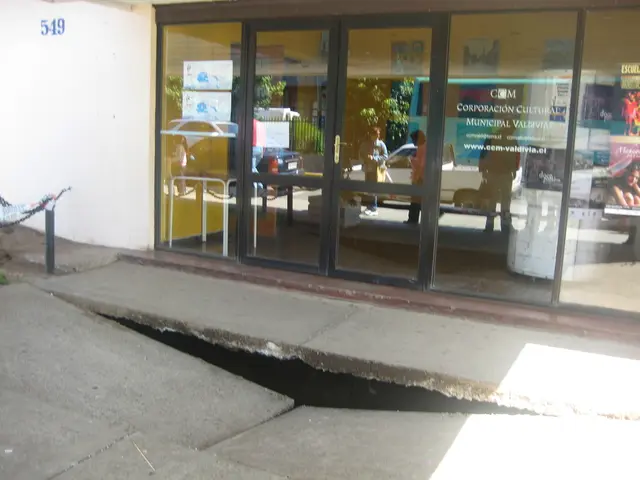Thaksin Shows Support for Drug enforcement Campaign
Thailand's former Prime Minister, Thaksin Shinawatra, has urged the government to ramp up its anti-drug campaign, specifically targeting the United Wa State Army (UWSA) in Myanmar. During a speech at the Office of the Narcotics Control Board (ONCB) on Tuesday, Shinawatra emphasized the urgency of addressing the drug problem, stating it as a present and future threat that endangers children and youth.
The UWSA, which operates in Myanmar's Shan State, has been identified by Shinawatra as a significant drug production hub. He strongly advocated for collaboration with neighboring countries to put a stop to this alleged illicit activity. Within one to two months, the Thai Foreign Minister is set to meet with diplomats from these countries to coordinate a response.
In his address, Shinawatra expressed gratitude to the ONCB for the invitation and voiced his long-felt urge to speak on the issue. He recalled a personal moment of despair when, during an illness, he saw disturbing images of children assaulting their grandparents and parents on television news.
Aligning his stance with his 2003 war on drugs, Shinawatra asserted that the government should be unwavering in its approach to drug traffickers. He stated, "If you continue producing drugs, you are an enemy of Thailand. We should show no mercy to our enemies." However, concerns over human rights abuses and the potential for unintended consequences persist.
A revisitation of the 2003 "War on Drugs" saw authoritative figures instruct law enforcement to thoroughly scan every part of the country for drug activity. The campaign resulted in over 2,800 deaths within three months, many of whom had no connections to drugs. The campaign was widely criticized for its heavy-handed approach and extrajudicial killings, but was popular among Thai citizens due to its perceived effectiveness in reducing drug trade.
Current debates revolve around the balance between suppression and rehabilitation for drug users within Thailand. Some advocate for a greater focus on helping addicts, rather than solely targeting suppliers. The potential for a renewed war on drugs, particularly with a more externally-oriented approach, remains a contentious issue.
- The former Prime Minister Thaksin Shinawatra, in his address at the Office of the Narcotics Control Board (ONCB), urged a focus not only on drug suppliers but also on rehabilitation for drug users in the context of the ongoing war on drugs, citing the importance of addressing both health-and-wellness and mental-health aspects of substance abuse.
- In the realm of politics and general-news, Thailand's pursuit of an anti-drug campaign targeting the United Wa State Army (UWSA) in Myanmar raises questions about international cooperation in health-and-wellness matters, particularly concerning illicit activities such as drug production and trafficking.
- As debates surrounding Thailand's potential renewed war on drugs continue, concerns over human rights abuses, mental health, and the potential for unintended consequences remain prevalent issues in the realms of mental-health, politics, and crime-and-justice.








